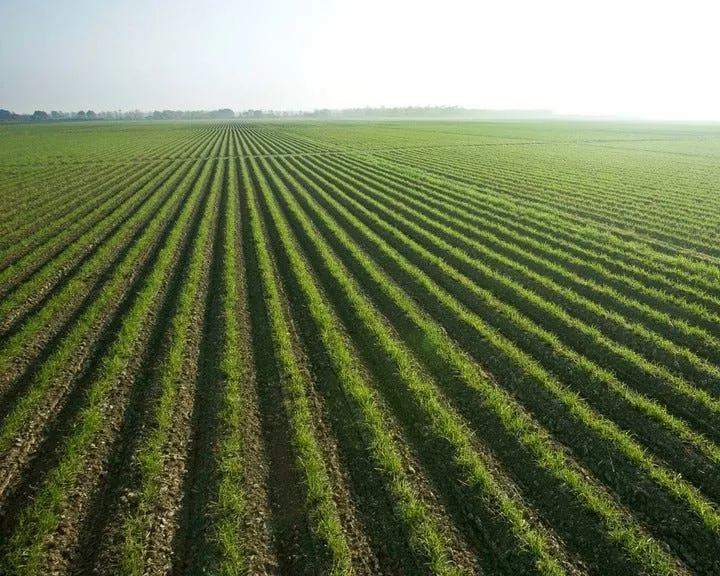Nigeria, with its diverse geography and economy, offers a wide range of land prices. Factors influencing these prices include location, proximity to urban centers, availability of infrastructure, and the potential for development. While urban areas like Lagos, Abuja, and Port Harcourt have some of the highest land prices, many regions across Nigeria offer more affordable options.
Factors Influencing Land Prices
Location: Proximity to urban areas significantly impacts land prices. Land in cities and their outskirts is more expensive due to high demand.
Infrastructure: Availability of roads, electricity, water, and other essential services increases land value.
Economic Activity: Areas with high economic activities, such as commercial centers or regions rich in natural resources, tend to have higher land prices.
Government Policies: Land use regulations, zoning laws, and government development plans can affect land prices.
Generally Residential lands and Commercial Lands are more expensive than Agricultural and Farm Lands.
Regions with the Cheapest Land in Nigeria
While specific prices can vary widely, certain regions in Nigeria are known for having more affordable land. These areas are generally rural, less developed, and further from major urban centers.
- Northern Nigeria
Borno State: Despite the challenges posed by security issues, Borno State has some of the cheapest land in Nigeria. Rural areas far from Maiduguri, the state capital, offer vast tracts of land at very low prices.
Yobe State: Similar to Borno, Yobe State offers affordable land, particularly in rural areas. The land is suitable for agriculture and livestock rearing. - Northwestern Nigeria
Kano State: While Kano city is a major commercial hub, the rural areas of Kano State have relatively cheap land. The cost increases slightly closer to the city but remains affordable compared to urban centers.
Kebbi State: Known for its agricultural potential, Kebbi State has some of the lowest land prices in Nigeria. The state government also encourages agricultural investment, which can be advantageous for prospective buyers. - Northeastern Nigeria
Bauchi State: This state offers a mix of affordability and potential for agricultural development. Land in rural Bauchi is very cheap and suitable for farming activities.
Taraba State: With its vast landscapes and lower population density, Taraba State offers inexpensive land, especially in areas away from Jalingo, the state capital. - Middle Belt
Benue State: Often referred to as the “Food Basket of the Nation,” Benue State has fertile land at low prices, particularly in rural regions. This makes it ideal for agricultural ventures.
Nasarawa State: Proximity to Abuja slightly increases land prices in some parts, but many rural areas in Nasarawa remain affordable and are attractive for agricultural investments. - Southwestern Nigeria
Ekiti State: Away from major cities like Ado-Ekiti, land in Ekiti State is quite affordable. The state has a conducive environment for farming and rural development.
Ondo State: Similar to Ekiti, rural areas in Ondo State offer cheap land suitable for agriculture and other rural projects. - Southeastern Nigeria
Ebonyi State: Known for its rice production, Ebonyi State offers low-cost land, especially in rural areas. The state government is also investing in infrastructure, which may increase land value in the future.
Abia State: Rural areas in Abia State, particularly those far from Aba and Umuahia, have affordable land prices. The land is suitable for both residential and agricultural purposes. - South-South Nigeria
Delta State: While urban areas like Warri and Asaba have high land prices, rural Delta State offers cheaper alternatives. These areas are suitable for agriculture and residential development.
Bayelsa State: Known for its rich natural resources, Bayelsa State also has affordable land in its rural areas. However, the terrain (mostly riverine) can affect land use options.
Challenges and Considerations
While seeking cheap land in Nigeria, it’s essential to consider potential challenges:
Security: Some of the cheapest lands are in areas with security concerns, particularly in the North-East. It’s crucial to assess the security situation before purchasing.
Infrastructure: Many affordable lands lack basic infrastructure such as roads, electricity, and water. Potential buyers should factor in the cost of providing these amenities.
Legal Issues: Land ownership in Nigeria can be complicated, with issues related to land tenure, customary rights, and government regulations. Ensuring proper legal documentation is essential to avoid disputes.
Development Potential: While cheap land is appealing, buyers should consider the long-term development potential and any future government plans that might affect land value.
Finding the cheapest land in Nigeria requires a balance between affordability and potential challenges. The northern regions, particularly Borno, Yobe, and Kebbi, offer some of the most affordable land prices, albeit with security considerations. The Middle Belt and certain parts of the South-East and South-West also present viable options for those looking for cheap land, especially for agricultural purposes.

Be First to Comment